|
Disasters waiting to happen: 5 major infrastructure projects in need of repair From aging dams and deteriorating tunnels to deficient bridges and lead-filled drinking water lines, the U.S. has plenty of work to do when it comes to the quality of its infrastructure. Read more ➔ Fixing construction's racism problem will take an industrywide effort To eradicate bigotry on jobsites, the first step is to acknowledge it exists, industry leaders say. Zero-tolerance policies, bystander intervention and a 'racism rating' are some of their other ideas. Read more Racism on the jobsite: How hate erodes construction's bottom line Industry leaders say that eliminating racist actions and attitudes in construction is the right thing to do. Here are five other reasons. Read more Report: Nearly half of America's deadliest jobs are in construction
Report: Highest-paying construction jobs that don't require a college degree
Do you want to learn how to manage construction projects successfully?Paul Netscher has written several easy to read books for owners, contractors, construction managers, construction supervisors and foremen. They cover all aspects of construction management and are filled with tips and insights.
Visit to read more. The books are available in paper and ebook from most online stores including Amazon.
4 Comments
Often construction projects are completed late and many contractors blame poor weather. Sure, inclement weather does delay projects, but can contractors mitigate the impact of the poor weather, or even avoid the worst impacts? Are contractors completely blameless when it comes to weather events? Now, I’m not talking about severe weather events like hurricanes, floods and tornedoes, which no amount of preparation can protect construction projects from, rather I’m talking about the normal seasonal weather. Should contractors have allowed for the normal rains, heat and cold that could impact their project before it’s completed? Contractors are an eternally optimistic bunch and never seem to allow for any weather-related impacts on their construction projects. But, is it reasonable to expect to work on a twelve-month long project and think you won’t encounter rain, winds, summer, and winter, at some stage in the course of your project? Contractors often put the blame on clients for their unreasonable project schedules and say it’s impossible to allow additional time for delays caused by rain – rain which is average and will almost certainly occur! Well that’s professional suicide if you knowingly accept a project construction schedule which doesn’t allow for the normal expected weather conditions which can be expected at that time and in that location. But some contractors make their life even harder by not taking even basic precautions to avoid weather delays. Is it possible to avoid, or mitigate, the impacts of some of the poor weather? Minimising weather disruptions on your construction project There are several measures contractors can take to mitigate delays caused by poor weather. Some of these should be implemented when pricing the project, others when preparing the construction schedule, and of course many measures need to be implemented and maintained during construction. These include some, or all, of the following:
Construction projects will experience poor weather so learn to deal with itWe can almost guarantee that most construction projects will be impacted by inclement weather. In many cases this shouldn’t be an excuse for delays. We can prevent, or at least mitigate, many of the delays by understanding the weather patterns in the area and allowing for these expected weather disruptions in our construction schedule. Proper planning can also mean that weather dependent activities are scheduled for times when better weather is expected. We should also implement mitigating measures to reduce the damage and return the project to full production as quickly as possible. Unfortunately, these days more projects are being interrupted by extreme weather events which couldn’t have been foreseen, and no amount of preparation could have avoided. Contractors shouldn’t be expected to shoulder the responsibility and risks of these extreme weather events, or weather that couldn’t have been reasonably expected on the project. Therefore, contractors should be cautious in accepting project contracts where they could be liable for delays caused by weather events beyond the norm. If the weather risks are too high learn to walk away from the project and don’t price the project. Although it may appear that weather impacts on construction projects are in the hands of the Gods, contractors still have some control over the damages they suffer and they are sometimes not entirely blameless for delays caused by poor weather. How has poor weather impacted your project? This article was first published on the ClockShark website. For construction and field service companies who want to get rid of paper time sheets, ClockShark is the GPS time tracking app that's both powerful and easy to use. Do you want to learn how to manage construction projects successfully?Paul Netscher has written several easy to read books for owners, contractors, construction managers, construction supervisors and foremen. They cover all aspects of construction management and are filled with tips and insights.
Visit to read more. The books are available in paper and ebook from most online stores including Amazon. © 2019 This article is not to be reproduced for commercial purposes without written permission from the author. It’s important for construction companies to build good relationships with their customers. Unfortunately many construction projects end in an adversarial position. It becomes ‘them and us’. Contractors view the client as out to get them, and customers often view contractors as a bunch of crooks. Yet, I’ve had many long successful relationships with some clients. They weren’t always happy with us, and nor were we always happy with them. We had our disagreements and arguments, but in most cases the construction project was finished well, issues were sorted amicably, and seldom did one party feel aggrieved. In fact in many cases we constructed further projects for the same customer – sometimes, even becoming their contractor of choice. Why it’s important for contractors to develop good customer relationsHaving a good relationship with customers often means the customer favours the contractor for their next project, sometimes even directly negotiating new projects with them, or even awarding projects to the contractor when their price isn’t the lowest. The customer is prepared to pay a premium to work with a contractor that they know they can trust and rely on to deliver their construction project on time and with good quality. Having a good relationship with a client often means the contractor can obtain the inside track on forthcoming construction projects, enabling them to be one step ahead of competitors. Knowing what the customer is really looking for has enabled us to strategically position our price presentation, ensuring that we answered the customers concerns, that we could demonstrate that we understood what was important to the customer, and we could portray our company as the best for the project. Construction projects are built with a team effort. A team that’s striving for one common goal to complete the project successfully. Projects are built on trust, with the client and the contractor helping each other and not out to trip each other up. Having a good relationship means the contractor understand the customer’s needs and focusses on delivering a project that fulfils these needs. It enables the contractor to put the right people on the project. Having a good relationship means that the contractor and the customer can talk through problems, present their concerns, and develop solutions. Issues can be resolved without resorting to lawyers because there’s already empathy and respect for the other party. A good relationship means that there’s open and honest dialogue. Good relationships reduce conflict. Good relations help resolve problems. How do we develop relationships with our clients in construction? Building good relationships depends on individuals, yet it’s also a team effort. A good relationship between a client and contractor can quickly be destroyed by one individual – perhaps the contractor’s project manager who has an argument with the client, possibly is rude, or lodges spurious claims. Good relationships are built on trust and honesty. They survive on delivering quality projects on time. Good relationships are built by talking, by working through problems, and most importantly by being sensitive to customers and their needs. Of course good relationships are a two-way street, and both the customer and the contractor have to build the relationship. Egos and personal gain destroy relationships. Even the best working relationships have to be worked on, so contractors should stay in contact with their past customers. Today many have a frenetic and busy life and past good relationships can be forgotten at the end of the project. It’s important to keep contact with customers, give a call, or even pop in for a coffee. What shouldn’t destroy relationships |
Archives
June 2024
Note: We welcome genuine comments, especially comments that add additional information to the subject matter in the article. We however reserve the right to remove inappropriate comments, which includes comments that have nothing to do with the subject, comments that include inappropriate language, and comments that are an advertisement for a product or company, or which include an advertising link. Comments must be in English. We will not enter into discussion on why a particular comment was removed.
CategoriesCopyright 2016 - The attached articles cannot be reproduced for commercial purposes without the consent of the author.
The opinions expressed in the attached articles are those of the writer. It should be noted that projects are varied and different laws and restrictions apply which depend on the location of the contractor and the project. It's important that the reader uses the supplied information taking cognisance of their particular circumstances. The writer assumes no responsibility or liability for any loss of any kind arising from the reader using the information or advice contained herein. "I have what I consider some of the best books on construction management."
Books are available from: Amazon.com Amazon.co.uk takealot.com kalahari.com Amazon.in Amazon.de Amazon.fr Amazon.it Amazon.com.au Powell's Fishpond uread bokus Amazon.ca Amazon.es Other retail stores Available in paperback or on Kindle "28 YEARS OF CONSTRUCTION PROJECT MANAGEMENT EXPERIENCE, DEVELOPING SUCCESSFUL CONSTRUCTION PROJECT MANAGERS AND BUILDING SUCCESSFUL CONSTRUCTION COMPANIES"
|
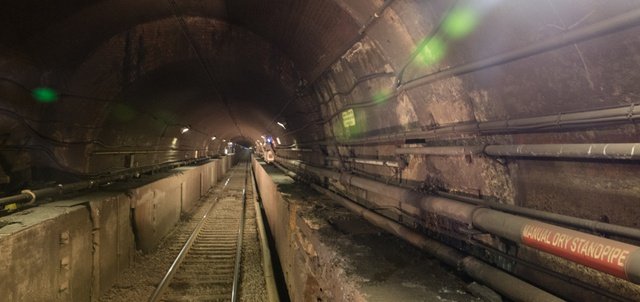


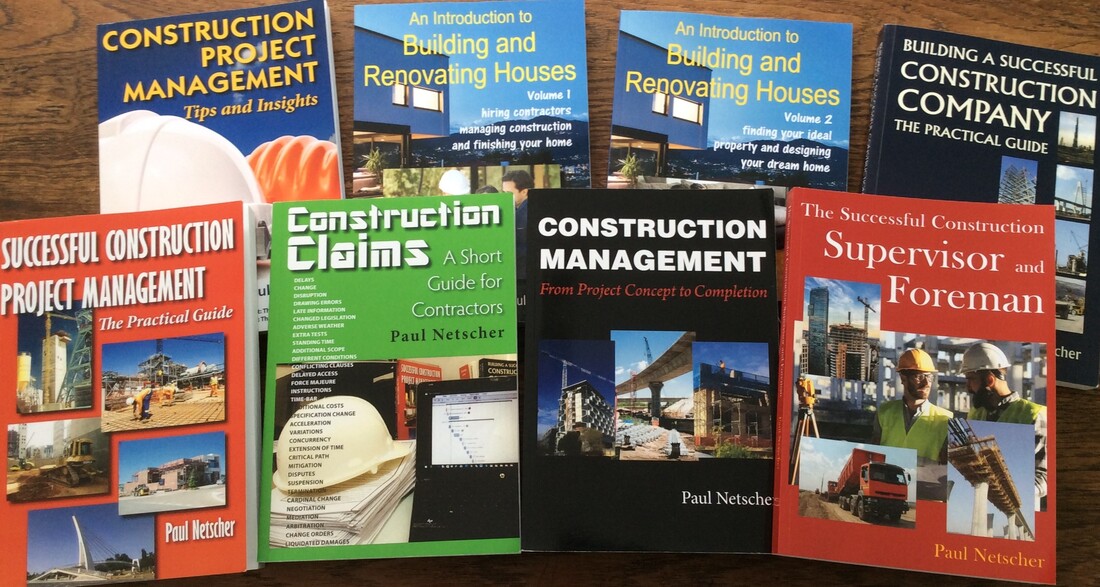
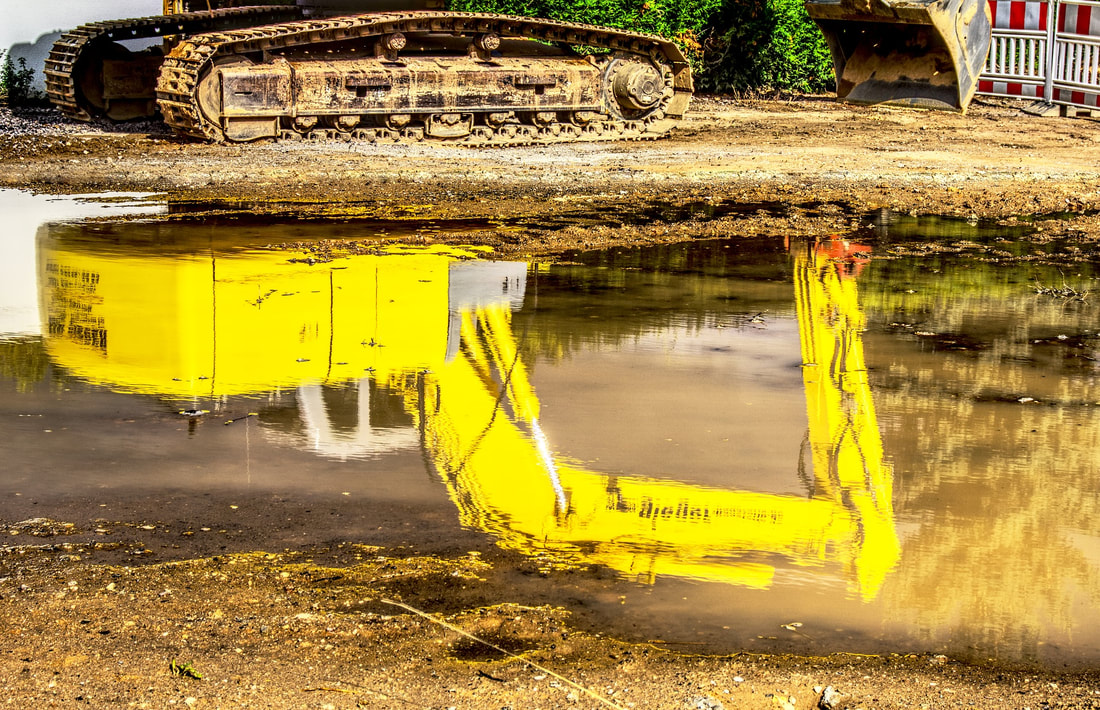
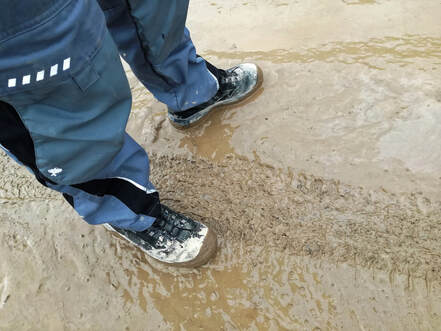
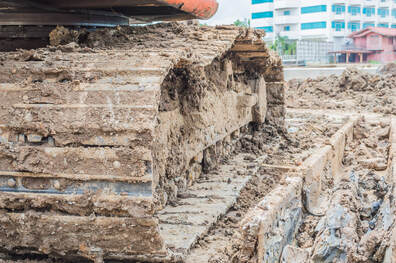

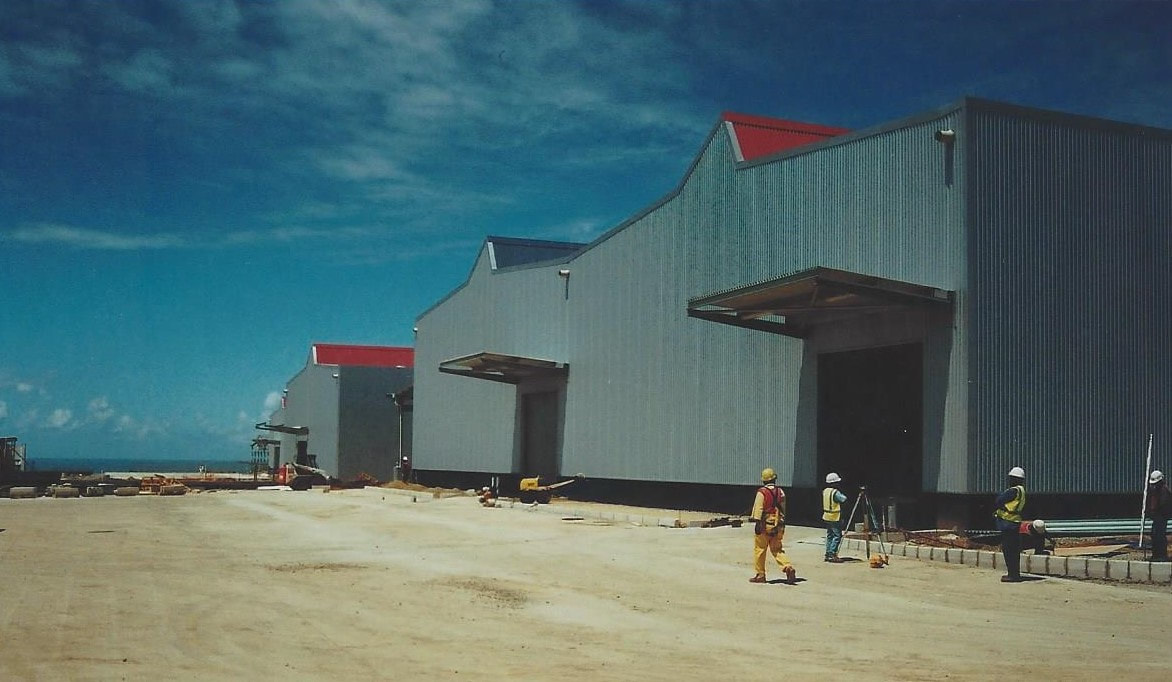
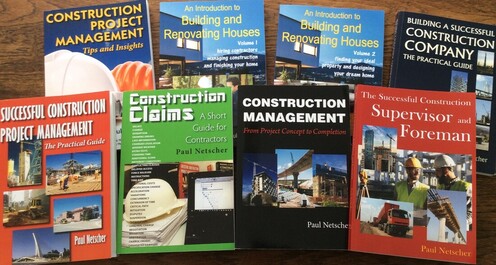

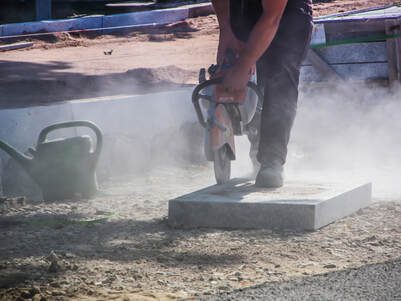

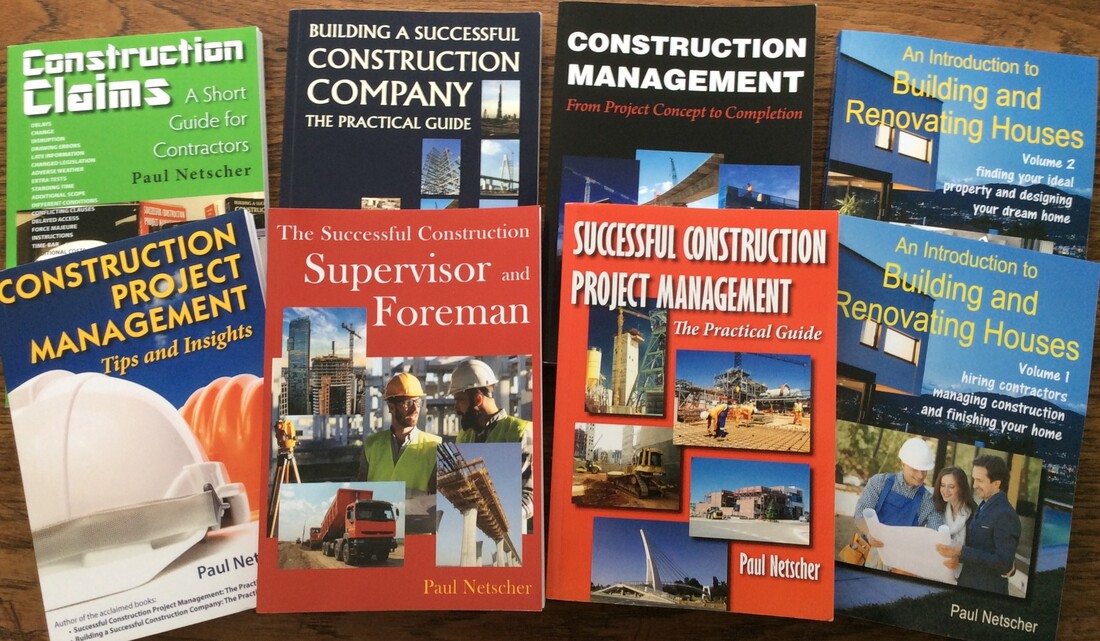



 RSS Feed
RSS Feed




